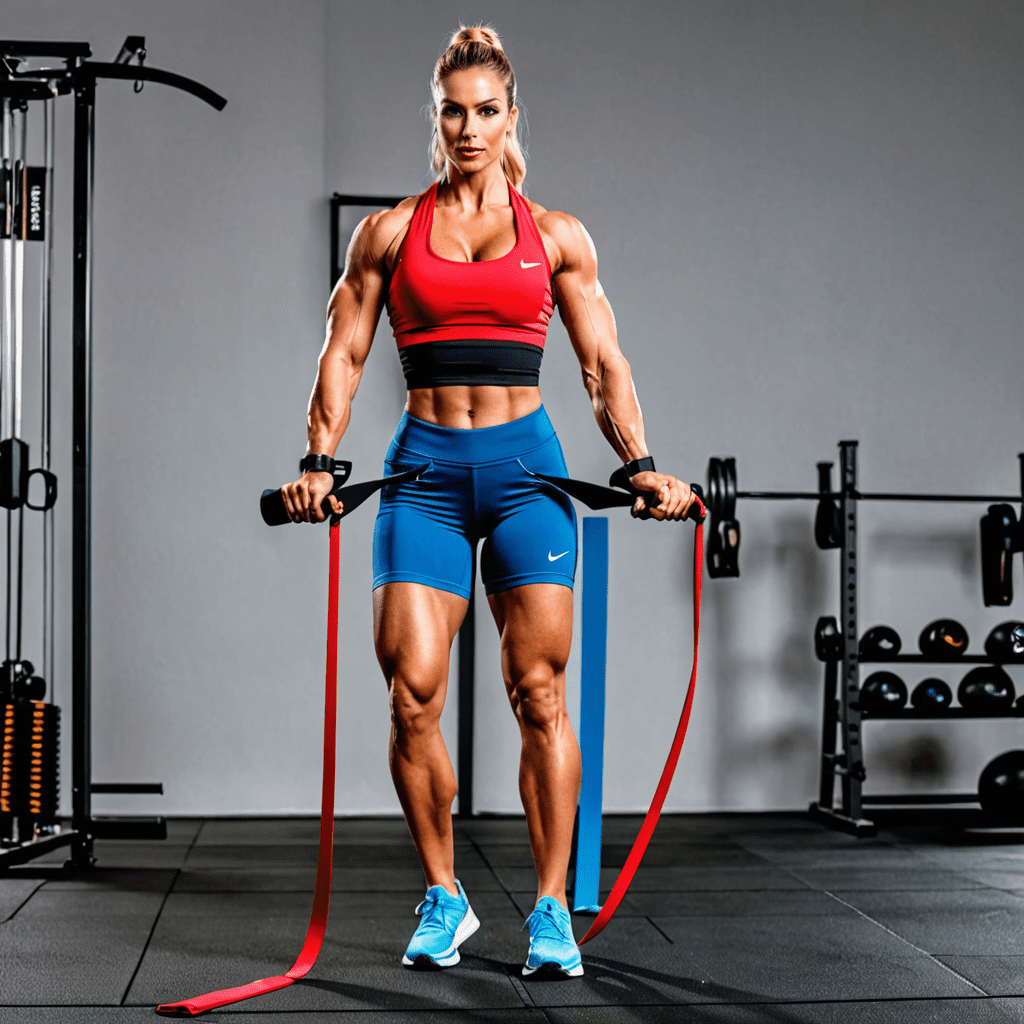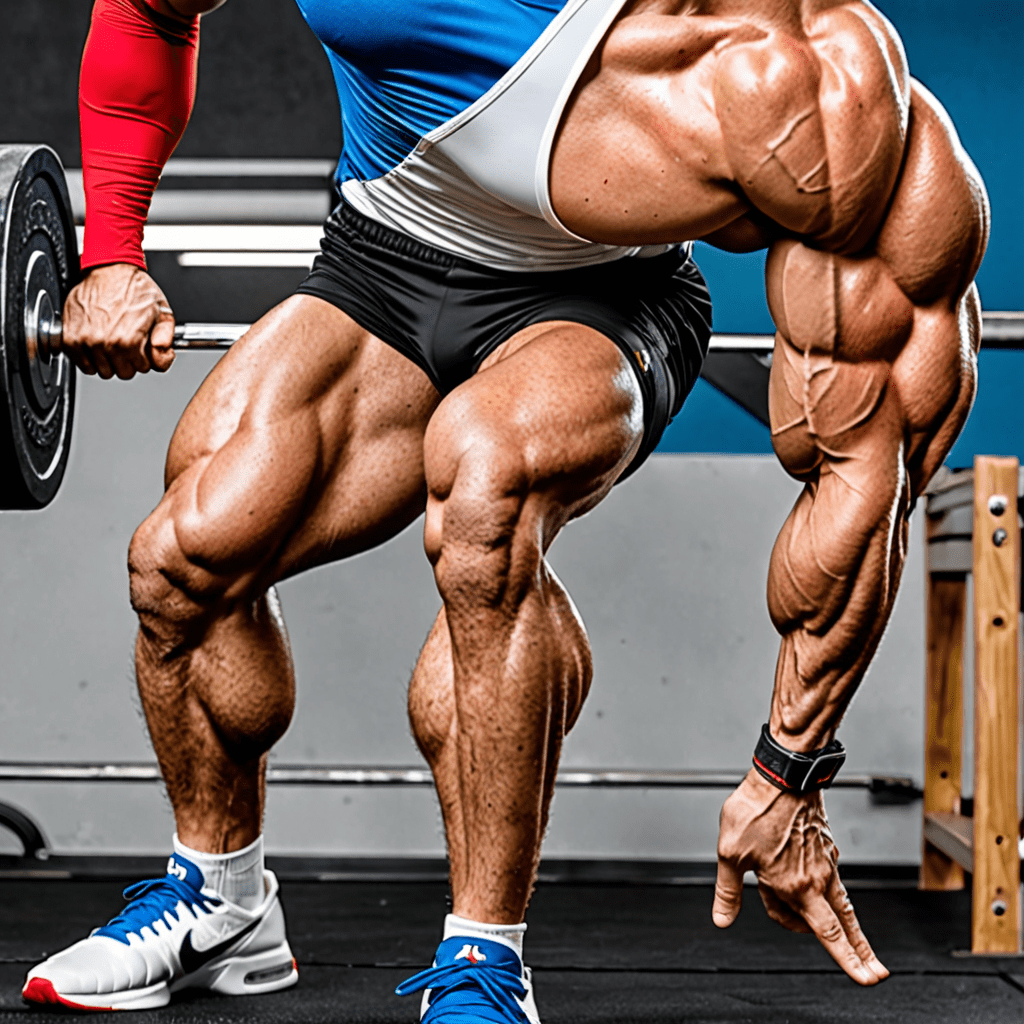
Muscle Building for Older Adults: Challenges and Solutions
Understanding the Importance of Muscle Building for Older Adults
As we age, maintaining muscle mass becomes crucial for overall health and quality of life. Muscle loss, known as sarcopenia, can lead to decreased strength, mobility, and independence. Therefore, focusing on muscle building is essential for older adults to stay active and healthy.
Challenges Faced by Older Adults in Muscle Building
Older adults often encounter challenges such as slower metabolism, hormonal changes, and decreased protein synthesis, making it harder to build and maintain muscle mass. Additionally, issues like joint pain, injuries, and comorbidities can further complicate the muscle-building process.
Safe and Effective Muscle Building Strategies for Older Adults
Despite the challenges, there are several strategies that older adults can implement to build muscle safely and effectively. These include incorporating resistance training, consuming adequate protein, staying hydrated, getting enough rest, and working with a qualified fitness professional.
The Role of Nutrition in Muscle Building for Older Adults
Nutrition plays a significant role in muscle building for older adults. Ensuring a balanced diet rich in protein, healthy fats, vitamins, and minerals is essential for supporting muscle growth and repair. Supplements like whey protein or creatine may also be beneficial, but it’s important to consult a healthcare provider before taking any new supplements.
Importance of Proper Recovery and Rest for Muscle Building
Recovery is a critical aspect of muscle building, especially for older adults. Adequate rest, sleep, and recovery techniques like stretching, foam rolling, and massage can help prevent injuries, reduce muscle soreness, and promote muscle recovery and growth.
Consulting with Healthcare Providers Before Starting a Muscle Building Program
Prior to embarking on a muscle-building program, older adults should consult with their healthcare provider or a fitness professional. They can provide guidance tailored to individual health conditions, medications, and physical limitations, ensuring a safe and effective muscle-building journey.
Stay Motivated and Consistent on the Muscle Building Journey
Building muscle takes time and consistency. It’s important for older adults to stay motivated, set realistic goals, and track progress along the way. Celebrating small victories, staying consistent with workouts, and maintaining a positive mindset are key to long-term success in muscle building.
FAQ: Muscle Building for Older Adults
Why is muscle building important for older adults?
Muscle building is crucial for older adults to maintain strength, balance, and overall health. It can help prevent falls, improve metabolism, and enhance quality of life.
What are the challenges older adults face with muscle building?
Older adults may experience age-related muscle loss (sarcopenia), slower recovery times, and decreased hormone levels, hindering muscle building progress.
What are some effective solutions for muscle building in older adults?
Incorporating resistance training, consuming adequate protein, staying hydrated, getting enough rest, and consulting with a healthcare provider or fitness professional can help older adults effectively build and maintain muscle mass.
How often should older adults engage in muscle-building exercises?
Older adults should aim for at least two days of resistance training per week, focusing on all major muscle groups. It’s important to start slowly, gradually increasing intensity and frequency based on individual capabilities.
Are there any specific dietary considerations for older adults looking to build muscle?
Older adults should ensure they consume enough high-quality protein sources such as lean meats, fish, eggs, dairy, legumes, and nuts. Adequate hydration and a balanced diet rich in fruits, vegetables, and whole grains are also essential for muscle building and overall health.


